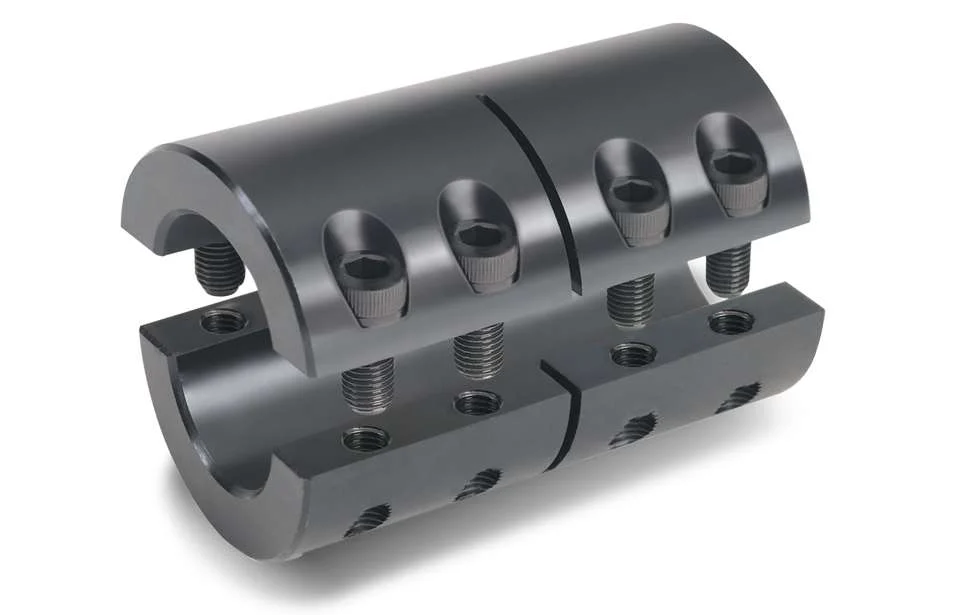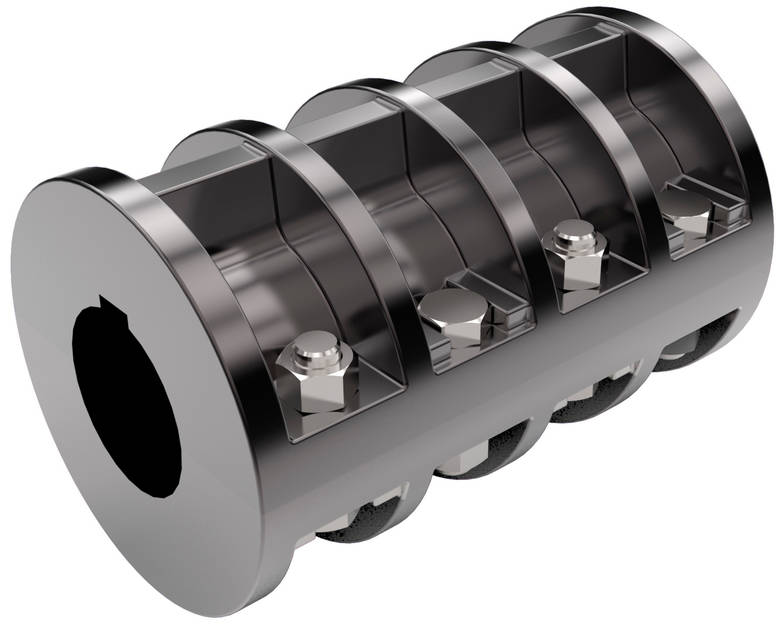Product Description
Product Display
Product Description
| Type: | Tyton (push on) Socket Pipe Fitting |
| Flanged Pipe Fitting | |
| K type Bolted Gland Pipe Fitting | |
| Mechanical Joint Pipe Fitting | |
| Ductile Iron Pipe Fitting for PVC Pipe | |
| Standard: | ISO2531, EN545, EN598, BS4772, EN12842, AWWA C110, AWWA C153, etc |
| Size: | DN80~2600mm |
| Pressure: | PN10, PN16, PN25, PN40 |
| Certificate: | Water supply project, drainage, sewage, irrigation, water pipeline. |
| Internal Coating: | a). Portland cement CHINAMFG lining |
| b). Sulphate Resistant cement CHINAMFG lining | |
| c). High-Aluminum cement CHINAMFG lining | |
| d). CHINAMFG bonded epoxy coating | |
| e). Liquid epoxy painting | |
| f). Black biHangZhou painting | |
| External Coating: | a). Zinc + biHangZhou painting |
| b). CHINAMFG bonded epoxy coating | |
| c). Zinc-aluminum alloy + liquid epoxy painting | |
| Accessories: | Rubber rings & Gaskets : SBR or EPDM |
| Bolts & Nuts : Galvanized carbon steel G4.8/G8.8, or SS304/SS316 | |
| Packing: | Wooden case/pallet with plastic layer, or as per customer’s requirements. |
Production Process
Company Profile
Xihu (West Lake) Dis. Pipe Industry Co., Ltd is a large group company integrating mining, beneficiation, sintering, ironmaking, and casting. It has 3 smelting blast furnaces, 10 centrifugal units, 3 annealing furnaces and 5 automated finishing lines. It mainly produces ductile iron pipes, flexible cast iron drainage pipes, ductile iron fittings, ductile iron manhole covers. The overall annual production capacity exceeds 500,000 tons. The company’s products have passed: Environmental Management System GB/T24001-2016/ISO14001:2015; Occupational Health Management System ISO45001:2018; Quality Management System GB/T19001-2016/ISO9001:2015. And become the recommended product of China Water Supply and Drainage Association. Product implementation standard: GB/T13295-2109. The company’s products have won the approval of the majority of users for their excellent mechanical properties. Its impact resistance, high pressure resistance, corrosion resistance, high elongation and easy installation are the main features of the product. The products occupy the domestic mainstream market and are sold to more than 1 hundred regions at the same time, and are well received by users.
Certifications
Packaging & Shipping
FAQ
/* January 22, 2571 19:08:37 */!function(){function s(e,r){var a,o={};try{e&&e.split(“,”).forEach(function(e,t){e&&(a=e.match(/(.*?):(.*)$/))&&1

How Do Rigid Couplings Compare to Other Types of Couplings in Terms of Performance?
Rigid couplings offer specific advantages and disadvantages compared to other types of couplings, and their performance depends on the requirements of the application:
1. Performance: Rigid couplings provide excellent torque transmission capabilities and are best suited for applications that demand precise and efficient power transfer. They have minimal backlash and high torsional stiffness, resulting in accurate motion control.
2. Misalignment Tolerance: Rigid couplings cannot tolerate misalignment between shafts. They require precise shaft alignment during installation, which can be time-consuming and may result in increased downtime during maintenance or repairs.
3. Vibration Damping: Rigid couplings offer no damping of vibrations, which means they may not be suitable for systems that require vibration isolation or shock absorption.
4. Maintenance: Rigid couplings are generally low maintenance since they have no moving parts or flexible elements that can wear out over time. Once properly installed, they can provide reliable performance for extended periods.
5. Space Requirements: Rigid couplings are compact and do not add much length to the shaft, making them suitable for applications with limited space.
6. Cost: Rigid couplings are usually more economical compared to some advanced and specialized coupling types. Their simpler design and lower manufacturing costs contribute to their affordability.
7. Application: Rigid couplings are commonly used in applications where shafts are precisely aligned and no misalignment compensation is necessary. They are prevalent in precision machinery, robotics, and applications that require accurate motion control.
In contrast, flexible couplings, such as elastomeric, jaw, or beam couplings, are designed to accommodate misalignment, dampen vibrations, and provide some degree of shock absorption. Their performance is ideal for systems where shafts may experience misalignment due to thermal expansion, shaft deflection, or dynamic loads.
In summary, rigid couplings excel in applications that demand precise alignment and high torque transmission, but they may not be suitable for systems that require misalignment compensation or vibration damping.

Use of Rigid Couplings for Motor-to-Shaft and Shaft-to-Shaft Connections
Yes, rigid couplings can be used for both motor-to-shaft and shaft-to-shaft connections in mechanical systems. Rigid couplings are designed to provide a solid and non-flexible connection between two shafts. This characteristic makes them versatile for various applications, including motor-to-shaft and shaft-to-shaft connections.
1. Motor-to-Shaft Connections: In motor-to-shaft connections, a rigid coupling is used to connect the output shaft of an electric motor to the driven shaft of a machine or equipment. This ensures direct power transmission without any flexibility. Motor-to-shaft connections are common in applications where the motor’s rotational motion needs to be transferred to the driven equipment with high precision and efficiency.
2. Shaft-to-Shaft Connections: In shaft-to-shaft connections, a rigid coupling joins two shafts directly, providing a solid and immovable link between them. This is beneficial in applications where precise alignment and torque transmission are essential, such as in precision motion control systems or heavy-duty industrial machinery.
Rigid couplings are available in various designs, such as one-piece, two-piece, and split types, to accommodate different shaft arrangements. The type of rigid coupling used depends on the specific application and the shaft sizes to be connected.
Advantages of Using Rigid Couplings:
– Zero backlash ensures accurate motion transfer and positioning.
– Efficient power transmission without loss due to flexibility.
– Minimal maintenance requirements due to their simple design.
– High torque capacity suitable for heavy-duty applications.
– Tolerance to misalignment (within design limits) enhances versatility.
– Provides system stiffness, reducing the risk of resonance and vibration-related issues.
– Suitable for high-speed applications.
– Versatility for various industrial applications.
Whether it’s connecting a motor to a driven shaft or joining two shafts together, rigid couplings offer reliability, precision, and efficiency, making them a popular choice in numerous mechanical systems.

Materials Used in Manufacturing Rigid Couplings:
Rigid couplings are designed to provide a strong and durable connection between two shafts, and they are commonly made from a variety of materials to suit different applications. The choice of material depends on factors such as the application’s environment, load capacity, and cost considerations. Some common materials used in manufacturing rigid couplings include:
- 1. Steel: Steel is one of the most widely used materials for rigid couplings. It offers excellent strength, durability, and resistance to wear. Steel couplings are suitable for a wide range of applications, including industrial machinery, automotive systems, and power transmission.
- 2. Stainless Steel: Stainless steel couplings are used in applications where corrosion resistance is crucial. They are well-suited for environments with high humidity, moisture, or exposure to chemicals. Stainless steel couplings are commonly used in food processing, pharmaceuticals, marine, and outdoor applications.
- 3. Aluminum: Aluminum couplings are known for their lightweight and corrosion-resistant properties. They are often used in applications where weight reduction is essential, such as aerospace and automotive industries.
- 4. Brass: Brass couplings offer good corrosion resistance and are commonly used in plumbing and water-related applications.
- 5. Cast Iron: Cast iron couplings provide high strength and durability, making them suitable for heavy-duty industrial applications and machinery.
- 6. Bronze: Bronze couplings are known for their excellent wear resistance and are often used in applications involving heavy loads and low speeds.
- 7. Plastics: Some rigid couplings are made from various plastics, such as nylon or Delrin. Plastic couplings are lightweight, non-conductive, and suitable for applications where electrical insulation is required.
It’s essential to consider the specific requirements of the application, including factors like load capacity, operating environment, and cost, when choosing the appropriate material for a rigid coupling. The right material selection ensures that the coupling can withstand the forces and conditions it will encounter, resulting in a reliable and long-lasting connection between the shafts.


editor by CX 2024-05-03
